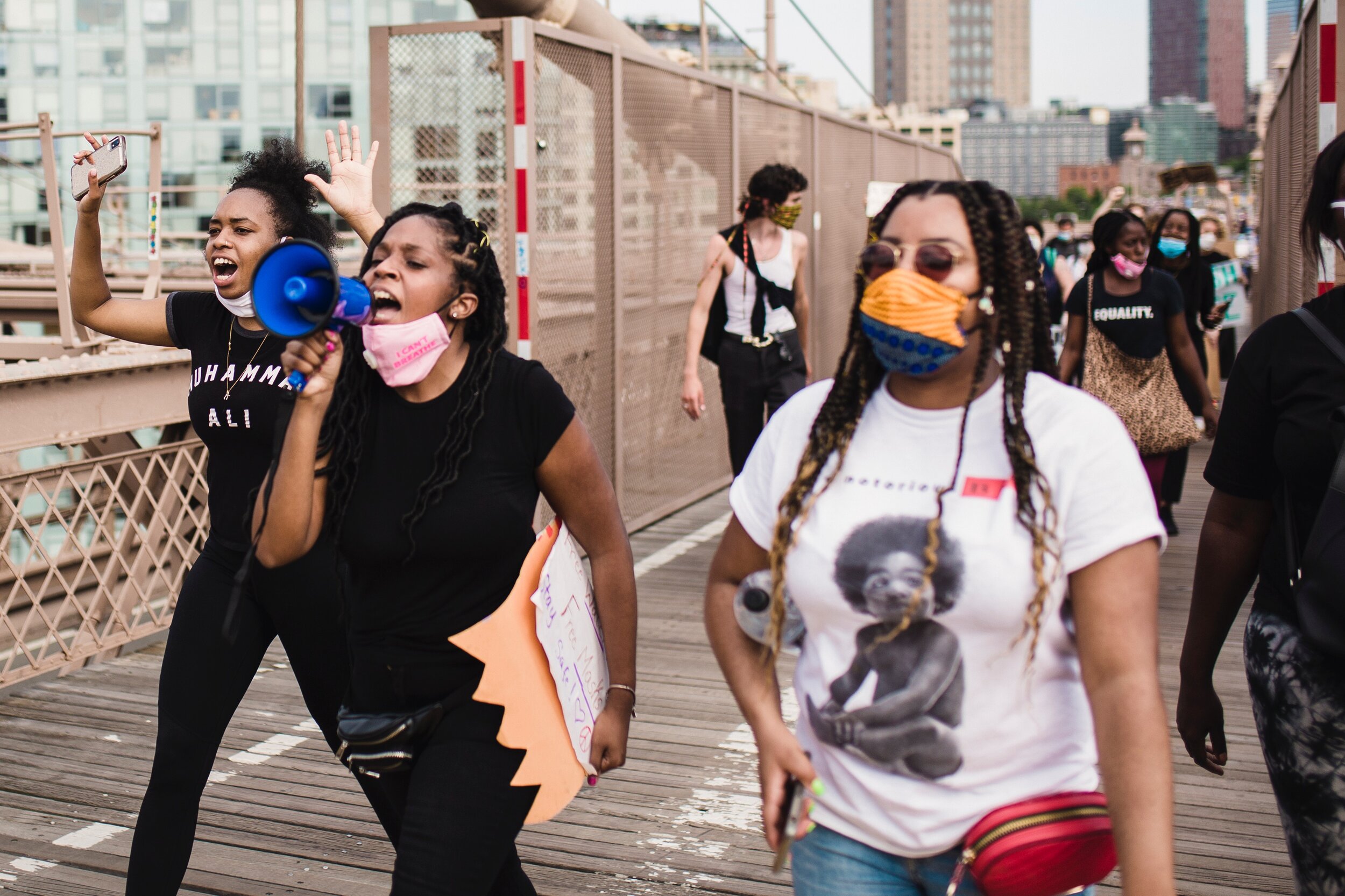Lifting The Burden: Georgia HIV Justice Coalition Is Committed to Criminalization Law Reform

Since 2013, the Georgia HIV Justice Coalition, a conglomerate of up to 10 active social justice and HIV-centered organizations, has been at the forefront of reforming Georgia’s draconian HIV criminalization laws. Eric Paulk and Malcolm Reid, newly elected co-chairs of the Georgia HIV Justice Coalition, and proponents of HIV criminalization law reform, say they would like to see the law updated to reflect scientific advancements such as “U=U,” undetectable equals untransmittable, which has not only extended the lifespan of people living with HIV but has reduced the risk of transmission to zero for those individuals on antiretroviral therapy.
There are currently seven HIV-specific criminal laws in effect in Georgia. And according to a report by the Williams Institute UCLA School of Law, 543 people came in contact with the Georgia criminal system under an HIV-specific law between 1988-2017, with 74 convictions, all of which required no proof of conduct likely to transmit HIV. Georgia’s HIV criminal laws were passed in 1998 and 2003, and notably include oral sex and other forms of sex that have little to no risk of transmitting HIV. Paulk points to a lack of education around transmission and HIV hysteria as motivating factors in the creation of HIV criminalization laws.
“I think these things sort of all live in this stigma and narrative created around this HIV boogeyman that just doesn't exist,” Paulk says.
“The fact of the matter is that most folks are not looking to go out and transmit HIV to someone. And for those who are, we actually have laws under the general criminal law that could hold those people accountable. So the need for a stand-alone law to punish people who are living with HIV who are engaged in the same activities as everyone else just defeats the purpose.”
For many advocates, HIV criminalization laws send a dangerous and inaccurate public message that people living with HIV are a threat and should be subjected to prosecution. For Reid, HIV criminalization laws have the potential to disrupt HIV prevention methods, which would have the opposite effect of the law’s so-called intent.
“I understand how that [HIV criminalization] keeps people from getting tested because there is a logical approach that says if I don't get tested, then I don't know, and therefore nobody can say that I did this deliberately. It's kind of backhanded logic, but it is out there,” Reid says.
“Before getting married, in my dating life, I don’t ever recall anyone asking me about my HIV status before I told them. It goes back to the intent. If I’m having sex with you, but I know that I’m taking my meds every day, I know that I’m undetectable. I know that I can’t spread the virus. So what was my intention? How could I possibly intend to harm you?”
The co-chairs also tell The Reckoning that a conversation about personal responsibility needs to happen.
“The onus of our sexual health doesn't lie with another person. We have to be responsible for that,” Paulk says. “One person shouldn't carry all that burden. And we're asking people who are living with HIV to carry the burden, and I think that's unfair. We think about protecting medical information as being really important and we're asking people who are living with HIV to do something that other folks are never asked to do in disclosing their medical status.”
Echoing Paulk, Reid asks, “At what point in this society are we responsible for protecting ourselves?”
“Before getting married, in my dating life, I don't ever recall anyone asking me about my HIV status before I told them,” Reid says. “It goes back to the intent. If I'm having sex with you, but I know that I'm taking my meds every day, I know that I'm undetectable. I know that I can’t spread the virus. So what was my intention? How could I possibly intend to harm you?”
Bipartisan Support For SB 164
An immediate goal of the Georgia HIV Justice Coalition is to see Senate Bill 164 become law when the Georgia legislative session begins in January. Introduced by Georgia State Senator Chuck Hufstetler, a Republican representing District 52—the bill aims to modernize current HIV laws with science by deeming certain conduct by a person living with HIV as unlawful if such conduct has a significant risk of transmission. The bill as it currently stands still carries a felony charge, which advocates hope to have reduced to a misdemeanor. The bill passed with bipartisan support in both the House and Senate in 2021, and is currently on hold after an unrelated drug amendment stalled its passage.
While the 2021 outcome was a slight setback for the Coalition, Paulk and Reid are hopeful about the bill's future in the upcoming legislative session.
“The coalition will continue to do education with legislators; education with folks in the community and be ready to take it to the Capitol if we need to advocate for getting us over the finish line. It is time. It is well overdue for us to reform the law. ”
“Right now we don't believe that the law is going to fail again unless there are some last-minute shenanigans,” Reid says. “Stranger things have happened, but we still have to keep our foot on the gas.”
Win or lose in the short-term, Paulk says the work of the Coalition won’t end with the passage of SB 164.
“The coalition will continue to do education with legislators; education with folks in the community and be ready to take it to the Capitol if we need to advocate for getting us over the finish line. It is time. It is well overdue for us to reform the law. And so we're hoping that 2022 will be that year.”
(Cover Photo by Life Matters from Pexels)
